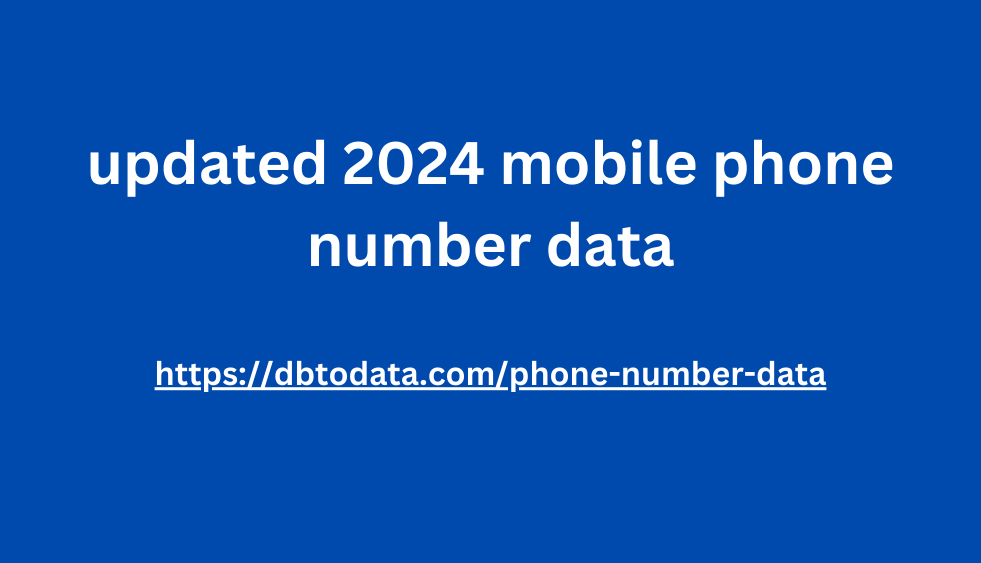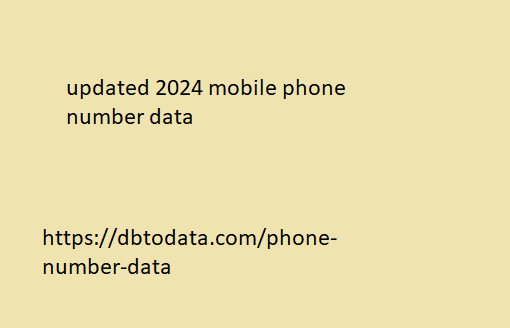Privacy protection is becoming increasingly important. Last year, browsers Safari and Mozilla Firefox already banned third-party cookies, and Apple also wants to protect users from large-scale data collection with the iOS 14 update of last April. Google has recently joined this club.
This spring, Google officially announced that it will stop using third-party cookies in Google Chrome. Google initially planned to implement this change in 2022, but more time is needed to get everything in order. It is now clear that Google expects to get rid of third-party cookies in 2023. Further time specifications are not yet known.
What exactly does this mean for advertisers?
It is clear that third party cookies will be a thing of the past within a few years. This will undoubtedly also affect online advertising . Cookies are an easy way to remember information. That is why they were quickly used for all kinds of different purposes. Think for example of the targeting of advertisements to the personalization possibilities of a platform.
When third party cookies disappear, the following problems (or challenges) arise
1. Remarketing
The most important thing is that the ability to target users on other sites and platforms disappears. Due to the so-called Intelligent Tracking updated 2024 mobile phone number data Prevention (ITP), visitors can be placed on remarketing lists for a shorter period of time. This makes online advertisers even more dependent on the first party data of platforms ( Facebook and Google).
2. Analytics & Conversion Tracking
A stricter approach to cookies also means less reliable data in Google Analytics. Blocking cookies means that returning visitors are not Ed Dudensing je ustanovil recognized. As a result, campaigns that, for example, do not have an impact within 24 ao lists hours, but only after 14 days, cannot receive the correct rating.
3. A/B testing and personalization
Everything that is personalized for a user and therefore stored in the browser will be affected by the changing privacy measures. Because tracking cookies disappear, it is impossible to follow online behavior over a longer period. In short: the possibility of personalization campaigns is limited and the data is not necessarily reliable. Every unique user is seen as new again after a certain time.
And now?
The disappearance of third-party cookies forces us to think more carefully about the means we use to achieve our goals. The disappearance of third-party tracking makes us more dependent on Google and Facebook, because we have to rely even more on their first-party data. At Traffic Today, we are therefore already thinking hard about what next steps we need to take ourselves to be well prepared for the cookieless future.





